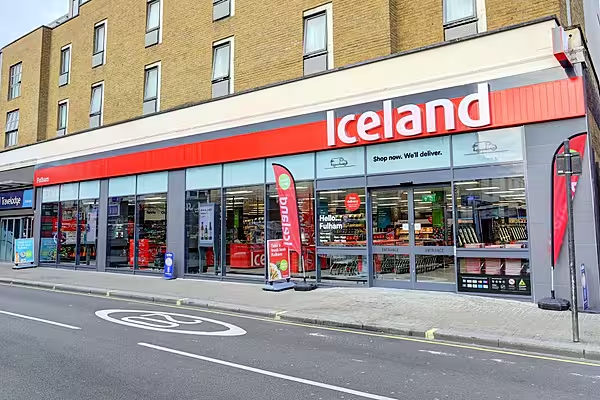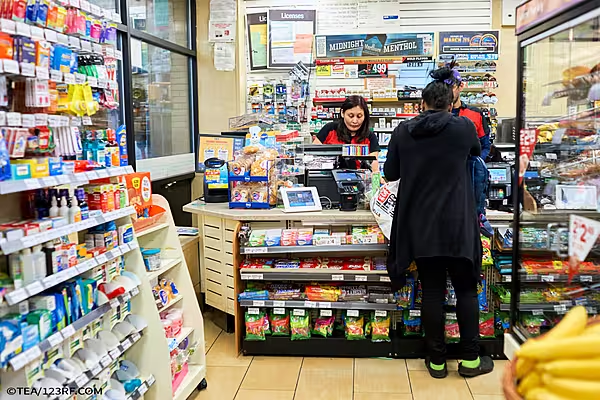German retail sales fell more than expected in September, data showed on Friday, dampening hopes that household spending helped to drive a powerful recovery in Europe's largest economy in the third quarter after the first wave of the COVID-19 pandemic.
Germany will go into a partial lockdown from Monday until the end of November to break a second wave of infections. It will force bars, restaurants, cinemas and gyms to close, while schools and shops can stay open under certain conditions.
The government has since March unleashed massive rescue and stimulus measures, including cash handouts for parents and a temporary value added tax cut, to support domestic demand after the economy plunged by nearly 10% in the second quarter.
The weaker-than-expected retail sales data, published by the Federal Statistics Office, could suggest that overall output might disappoint as well.
Retail Decline
Retail sales - a notoriously volatile indicator often subject to revisions - dropped 2.2% on the month in real terms in September. That came after an downwardly revised rise of 1.8% in August and compared with a Reuters forecast for a decline of 0.8%.
The picture looked brighter on the year, though the month had one more shopping day this year. Retail sales rose by 6.5% in real terms compared to September last year.
Compared with February, the month before the COVID-19 outbreak in Germany, retail sales in September were 2.8% higher.
Demand was particularly strong for furnishings and household appliances.
Online retailers continued to benefit from shifting consumer habits with a strong jump in sales, which came at the expense of clothing and shoe stores which suffered further losses.
News by Reuters, edited by ESM. Click subscribe to sign up to ESM: European Supermarket Magazine.











